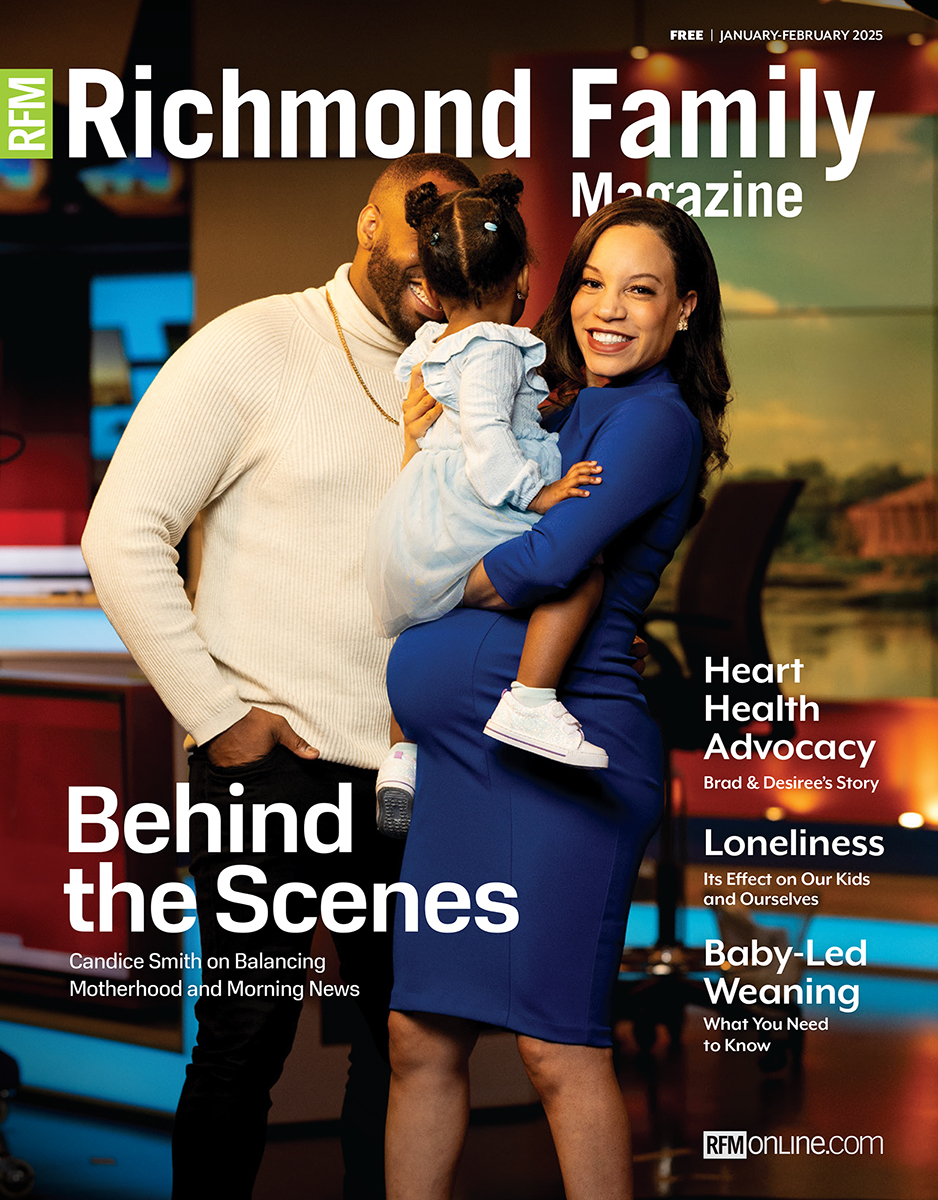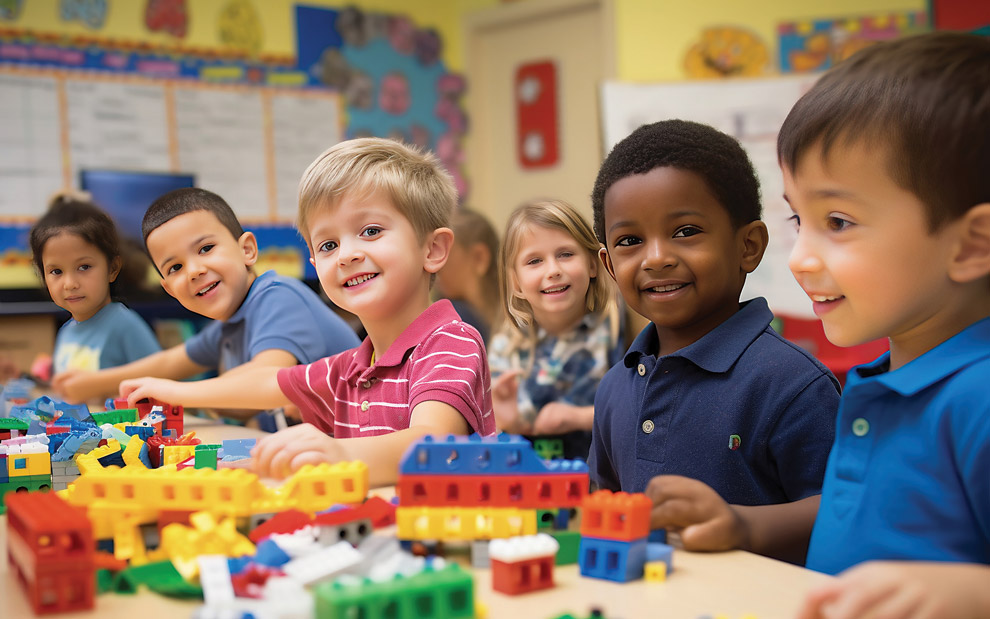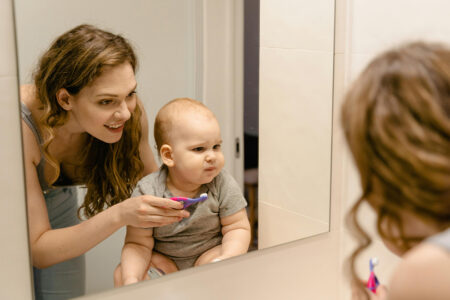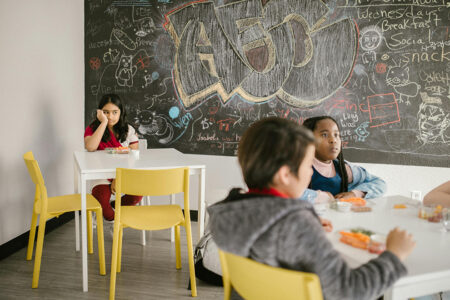Q.
I have four-year-old-twins who will turn five in July. Only one of them seems ready for kindergarten this fall. Would you advise waiting until next year for both of them, sending them together, or separating them?
A.
There are too many variables specific to your children and your family for this to be a question that can be fairly answered without more information. However, I would encourage you to think through this decision remembering that your twins are two separate individuals with unique needs, interests, temperaments, and abilities. It is important when making decisions about the next steps for each of your children to consider them as unique individuals and not as one unit. I would encourage you to schedule separate conferences with your kids’ preschool teachers to discuss progress for each child and to elicit feedback about kindergarten readiness.
Kindergarten readiness is about academic, social, and emotional skills, so be sure to have a thorough discussion covering each child as a whole person. Be careful not to engage in comparison of your twins, as is important with all children – whether or not they are in your family. In addition to teachers (preschool and potential kindergarten teachers), talk with your pediatrician, trusted friends, and other adults close to your children for support as you navigate this decision.
Also, if you’re still undecided late this summer, I would encourage you to register both children for kindergarten so the school system can be prepared, just in case.
Q.
I admit it, playdates at my house annoy me. I try to leave the kids alone, but every time I listen in, an older neighbor kid is consistently making all the decisions and calling all the shots. How can I help my kids be more proactive in their play with this neighbor friend?
A.
Play is an important way that children develop socially, emotionally, cognitively, and physically. Free play, that is largely unstructured and child-driven, is a crucial part of children developing resilience, problem-solving skills, independence, and social-emotional well-being. So, even if they aren’t your favorite, it is great that you are giving your kids an opportunity to play with other children (without adults in the way calling all the shots).
It is okay for you to listen in, though. In fact, it makes sense to be doing so regularly, particularly when older kids are playing with younger children. When playing inside the house, it is a good idea to have rules like “no closed doors” and “no electronics without adult supervision.” When it comes to electronics, I would encourage you to remove the tech option from play situations as much as possible, as it can allow children to be more present, creative, and productive in their play experiences. When families reduce time with electronics (TV, tablets, hand-held games, etc.), children can be more proactive in their play experiences whether they are with peers or on their own.
I’m curious how your children are feeling about the interactions with the neighbor friend. If everyone is safe, and you have monitored the situation to be sure there are no bullying or inappropriate power-control dynamics happening, it may be more productive to allow your children to work through this independently (with your support). You might open a conversation with your children about how they are experiencing the play time with the neighbor and validate their feelings as they arise. You could say, “It sounds like most of the time Charley decides what to do, and you aren’t really feeling like you get much of a say. That’s a hard place to be. I wonder what you could try next time you are playing with Charley.”
Allow your children to generate ideas about how to express themselves with their friends and provide an opportunity for them to practice these new ideas in your play time with them. You can bring up these themes when you’re interacting with them (i.e. maybe you become a Barbie who’s telling all the other dolls what to do or a stuffed animal that makes every other toy play hide-and-seek and nothing else!).
When they use play with adults, children can try out using their voice or saying no in a safe environment. When kids are older, we want them to be armed with lots of confidence to say no when something doesn’t feel right, and to feel free to express themselves to their peers about what is important to them. All of this begins in play with other children.







